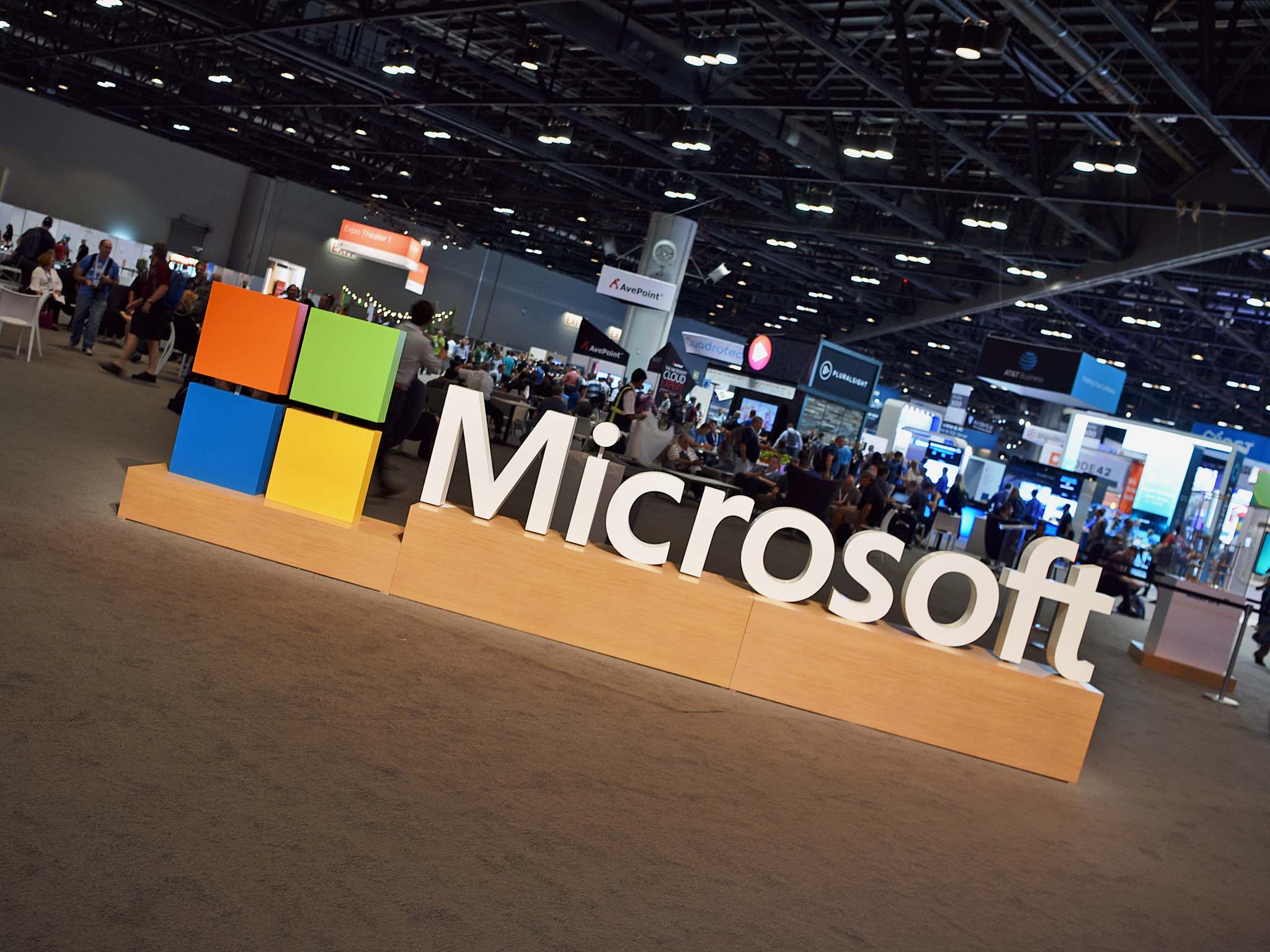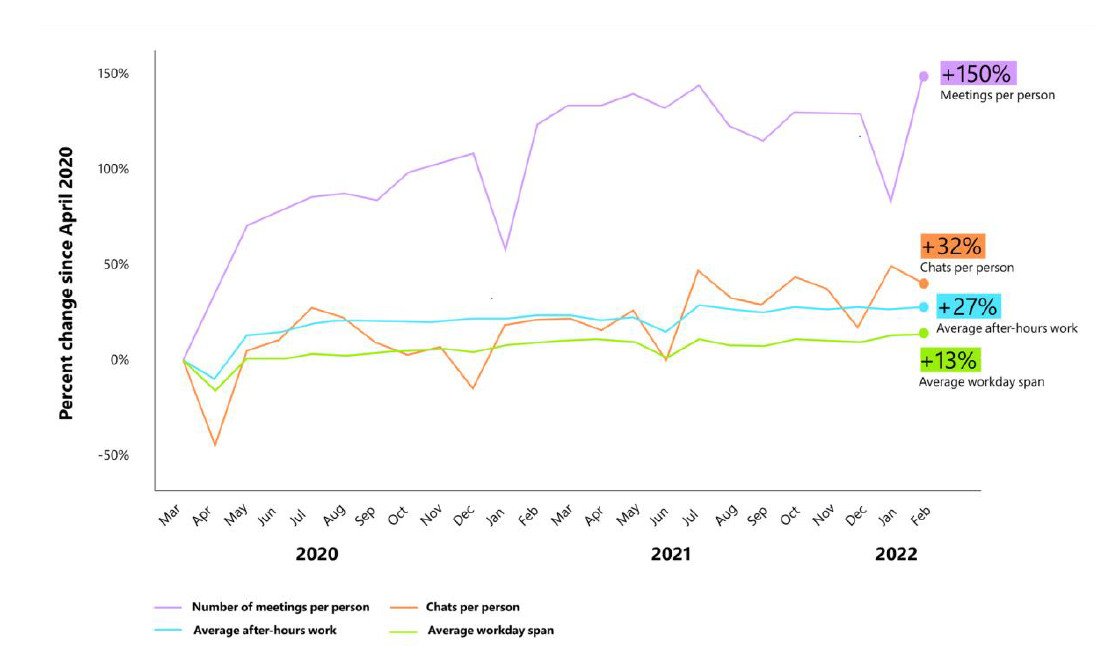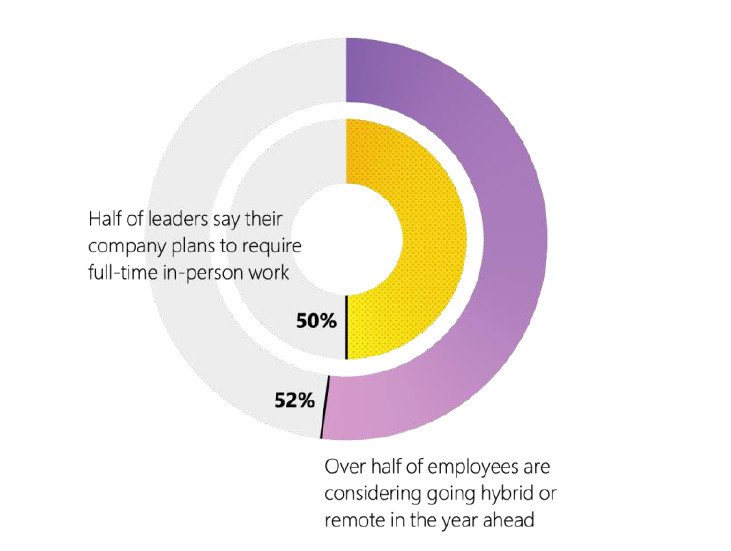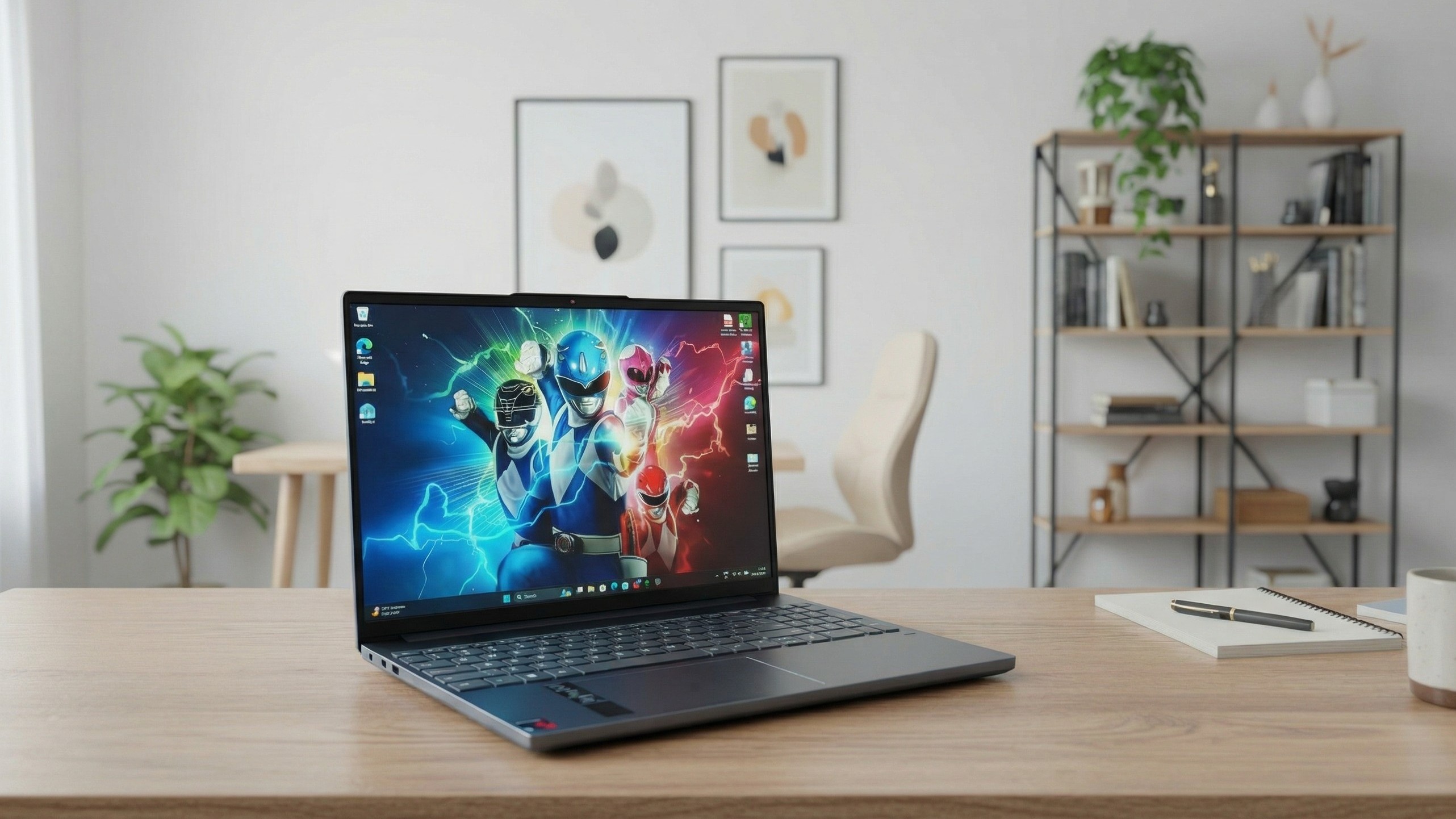Microsoft's 2022 Work Trend Index reveals hybrid work stats, generational metaverse expectations
More people are considering quitting their jobs as well as actually quitting them.

All the latest news, reviews, and guides for Windows and Xbox diehards.
You are now subscribed
Your newsletter sign-up was successful
What you need to know
- Microsoft has published its 2022 Work Trend Index report.
- It contains insights into how and why more employees are considering changing jobs than in years prior.
- It also reveals how receptive the workforces of each generation are to the idea of working within the metaverse.
Microsoft's 2022 Work Trend Index (WTI) is here, and with it, new stats on the state of the workforce and fresh insights on the current mindsets of employees. This year's WTI also includes metaverse-related content.
One key figure from this year's report is that 43% of employees are likely to consider ditching their current jobs, which marks a 2% uptick since the last WTI. Furthermore, while 2020 saw 17% of workers actually quit their jobs, 2021 showed that the trend continued with an increased 18% "goodbye" rate." Mental health was the dominant reason with 24% of WTI respondents marking it as their big reason for leaving. "Work-life balance" also scored 24%.
Other causes included COVID-19 risks (21%), not enough faith in leadership (21%), and not enough flexibility when it came to hours or location (21%). Not getting raises or promotions was lower on the totem pole with only 19% of people citing it as their reason for quitting.

Microsoft's surveying efforts also found that 53% of respondents were more heavily considering prioritizing health and well-being over their job, compared to how they weighed these two opposing forces pre-coronavirus.
Alarming manager-linked statistics also came out of the WTI. These include the facts that 74% identify as not having the power to make meaningful changes for their employees and 54% feel leadership is "out of touch" with workers.
As for generation-based stats: 52% of Gen Z and Millenials are considering quitting their jobs and hopping ship to a new employer, which marks a 3% year-over-year increase. 51% of Gen Zers see themselves doing work activities in the metaverse within the next two years. 48% of Millennials forecast the same thing, whereas Gen X hangs at 37% and Boomers are down at 28%. It remains to be seen how the metaverse will be injected into work environments (beyond how it already is) or how Microsoft's definition of it will fit into the broader context of work.

Other stats included in the Work Trend Index indicate common sense consensuses, such as that if an employer is going to demand on-site attendance, employees feel that demand has to be justified, especially since 52% of employees plan on going remote or hybrid. There's also been growth in after-hours occupational activity, meaning managers and leaders will need to establish firmer boundaries to keep flexible work from becoming 24/7 work.
All the latest news, reviews, and guides for Windows and Xbox diehards.

Robert Carnevale was formerly a News Editor for Windows Central. He's a big fan of Kinect (it lives on in his heart), Sonic the Hedgehog, and the legendary intersection of those two titans, Sonic Free Riders. He is the author of Cold War 2395.
